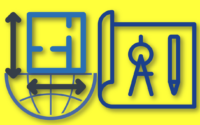
A $50 Million Investment in Academic Innovation
The University of Michigan has allocated $50 million to establish a Center for Academic Innovation. The new unit is an upgrade for what was previously the Academic Innovation Initiative and even earlier the Office of Academic Innovation. Academic innovation programs at the university have focused on technology for both online and on-campus learning. Inside Higher Education















